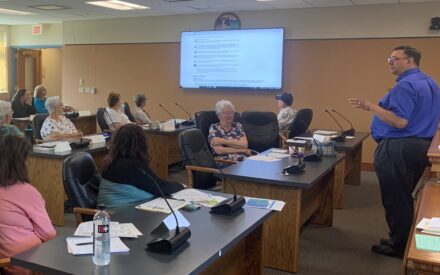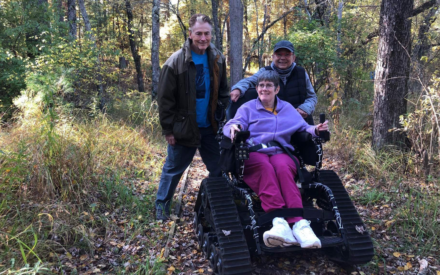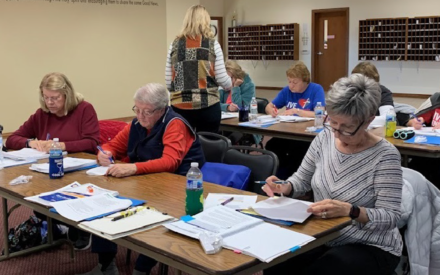Over the past decade there has been a need to better understand how decision makers in western Lake Superior orient their roles to issues and challenges that arise, which would provide needed resources and learning opportunities. UW–Madison Extension’s Lake Superior National Estuarine Research Reserve Coastal Training Program (CTP) aims to provide decision makers with opportunities to learn about the factors that influence coastal systems, think critically about their role in coastal management, and cultivate skills to take action.
In order to gauge the needs of regional decision makers, Extension developed a needs assessment, in which approximately 800 recipients were invited to participate. The goals of the assessment were to identify cross-cutting patterns at a landscape scale, develop new programmatic ideas, and connect with new audiences.
Respondents — most of whom were state government professionals — ranked learning topics to better understand where to provide relevant training. More respondents selected climate change and resilience than any other topics in the assessment. Additionally, civic leaders signaled an interest in coastal issues, reflecting their desire to use their influence in this space, particularly where community safety is concerned.
Extension learned that regional decision makers are not focused on a single issue and are motivated by a variety of challenges. While CTP does not expect to achieve comprehensive coverage of all coastal learning needs, there is evidence that it is suited to support a wide range of topics of interest.
Following the needs assessment, Extension developed a science communication learning series, which saw 189 attendees across six unique courses, including a new data visualization training. Additionally, Extension launched the Lake Superior Climate Champions Program, a cohort-based initiative that supports local leaders via technical assistance to meet a climate goal of their choosing.
Download Article

 Food Entrepreneurship Ecosystem Development, Education, and Evaluation
Food Entrepreneurship Ecosystem Development, Education, and Evaluation Supporting Youth Mental Health and Well-Being
Supporting Youth Mental Health and Well-Being Upham Woods Accessible Bird Events: Increasing Inclusion in the Outdoors
Upham Woods Accessible Bird Events: Increasing Inclusion in the Outdoors Life Span Programs Increase Social Connection Among Older People
Life Span Programs Increase Social Connection Among Older People


